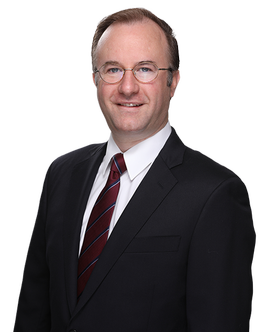Media & Insights
May 7, 2019
FilmOn.com Inc. v. DoubleVerify Inc.
(May 6, 2019 S244157 ) Cal.5th [2019 WL 1984290]
California’s anti-SLAPP statute allows parties to strike meritless claims against them early in the litigation where those claims arise from acts in furtherance of a person’s “right of petition or free speech . . . in connection with a public issue.” The statute includes a catchall provision specifying that the law encompasses claims based on “conduct in furtherance of the exercise of . . . the constitutional right of free speech in connection with . . . an issue of public interest.”
The Supreme Court held that whether conduct falls under this broad, catchall provision calls for a two-part analysis of (a) the content of the speech, i.e., what issue of public interest the speech in question implicates, and (b) the context of the speech—such as its speaker, audience, and purpose—in order to assess what functional relationship exists between the speech and public conversation about the issue of public interest.
The Supreme Court concluded that, to satisfy the second, contextual standard, “ ‘the statement must in some manner itself contribute to the public debate.’ ” Courts must therefore examine “whether a defendant — through public or private speech or conduct — participated in, or furthered, the discourse that makes an issue one of public interest.” The Court determined that the defendant’s conduct did not meet this standard because it involved for-profit entities engaged in a private dispute over one’s characterization — in a confidential report — of the other’s business practices. But the Court emphasized that no single one of these elements—“not [defendant’s] for-profit status, or the confidentiality of the reports, or the use to which its clients put its reports,” or the fact the statements involved commercial speech, was “dispositive,” and stressed that “[s]ome commercially oriented speech will, in fact, merit anti-SLAPP protection.”



